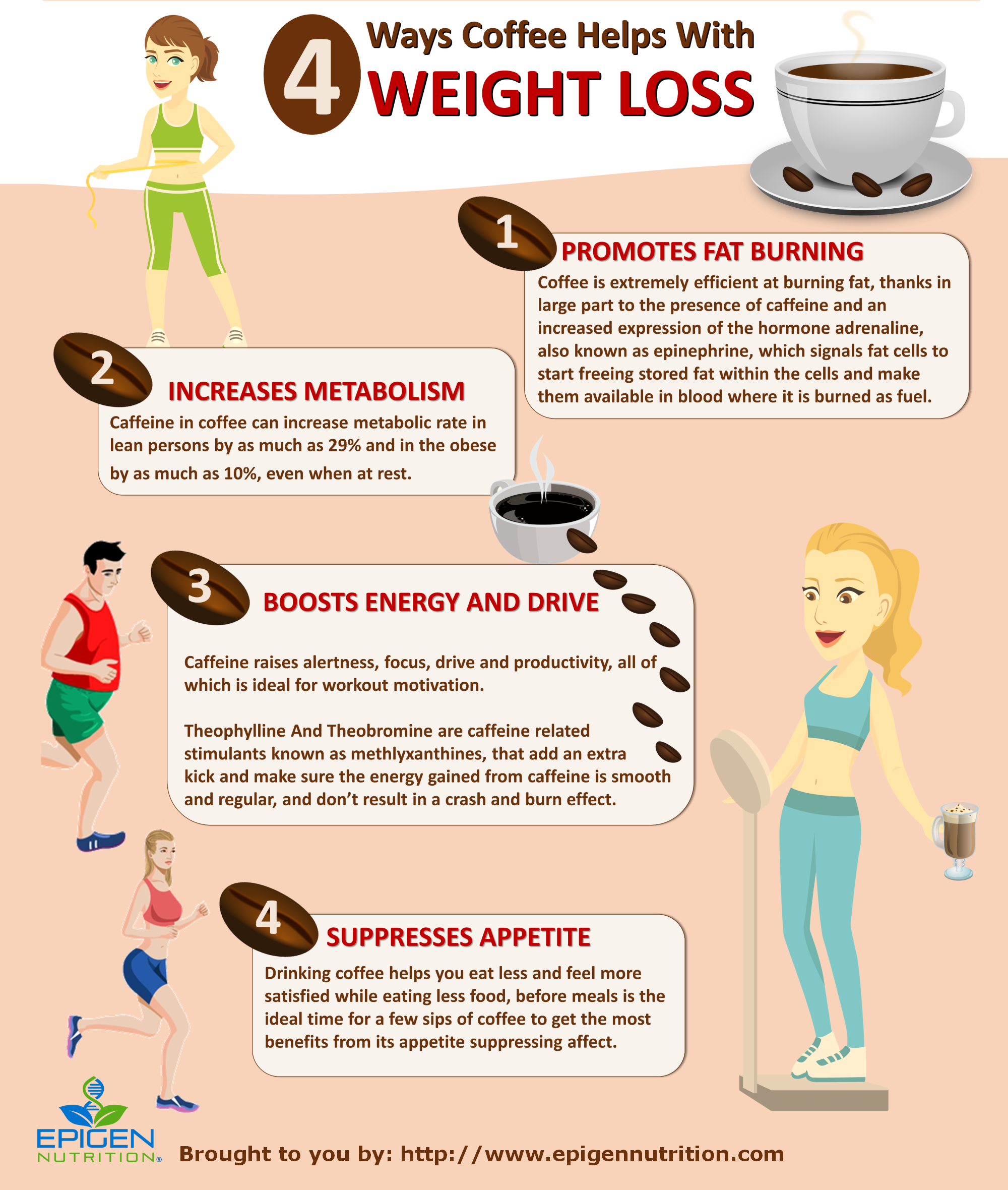What Is The Coffee Method For Weight Loss

The global weight loss industry is a multi-billion dollar market, fueled by a constant stream of new diets and strategies promising rapid results. Among the latest trends gaining traction is the so-called "Coffee Method" for weight loss, sparking both excitement and skepticism. But does this method truly offer a sustainable and healthy approach to shedding pounds, or is it simply another fleeting fad built on shaky scientific ground?
At its core, the Coffee Method leverages the potential benefits of caffeine and other compounds found in coffee to promote weight loss. This article delves into the scientific evidence behind the claims, examining the potential mechanisms, risks, and alternative perspectives surrounding this increasingly popular approach to weight management. It will explore what the experts say and look at studies. It will also investigate the fine line between responsible coffee consumption and potentially harmful practices.
The Alleged Mechanisms of Action
The Coffee Method's purported weight loss benefits hinge on several key mechanisms. These mechanisms often include appetite suppression, increased metabolism, and enhanced fat oxidation. Understanding each of these is critical in evaluating the method's validity.
Appetite Suppression
Caffeine, a primary component of coffee, is known to have appetite-suppressing effects. Some studies suggest that caffeine can influence appetite hormones, potentially leading to reduced calorie intake. A review published in the Journal of the Academy of Nutrition and Dietetics indicated that caffeine may temporarily curb hunger in some individuals. However, the extent of this effect varies significantly from person to person.
Increased Metabolism
Coffee has been linked to a temporary boost in metabolic rate. This increase is attributed to caffeine's stimulatory effect on the nervous system, which can lead to increased energy expenditure. A study in the American Journal of Clinical Nutrition found that caffeine consumption can increase resting metabolic rate by 3-11% in some individuals. However, this effect tends to diminish with regular coffee consumption as the body develops tolerance.
Enhanced Fat Oxidation
Some research suggests that coffee can promote fat oxidation, the process of breaking down fat molecules for energy. Caffeine may stimulate the release of adrenaline, which in turn signals the body to burn more fat. A research paper published in the International Journal of Sport Nutrition and Exercise Metabolism indicated that caffeine intake can increase fat oxidation during exercise. However, this effect is more pronounced in individuals who do not regularly consume caffeine.
Examining the Evidence
While the potential mechanisms sound promising, a critical assessment of the scientific evidence is essential. Studies on coffee and weight loss have yielded mixed results. Some studies have shown a modest association between coffee consumption and weight management. Other studies, however, have not found any significant effects.
A large observational study published in the European Journal of Nutrition found that individuals who consumed coffee regularly were less likely to gain weight over time. However, this study did not establish a causal relationship and could be influenced by other lifestyle factors. Furthermore, many studies often fail to account for the type of coffee consumed (e.g., black coffee vs. coffee with added sugar and cream) and the amount of caffeine intake, both of which can significantly impact the results.
The Importance of Moderation and Potential Risks
Even if coffee does offer some weight loss benefits, it is crucial to approach it with moderation and awareness of potential risks. Excessive caffeine consumption can lead to several adverse effects. This could include anxiety, insomnia, heart palpitations, and digestive issues.
Furthermore, relying solely on coffee for weight loss can lead to nutrient deficiencies and unhealthy eating habits. A balanced diet and regular exercise remain the cornerstones of sustainable weight management. The Mayo Clinic recommends limiting caffeine intake to no more than 400 milligrams per day, which is equivalent to about four cups of brewed coffee.
Expert Opinions and Alternative Perspectives
Health professionals offer varied perspectives on the Coffee Method. Some registered dietitians acknowledge the potential benefits of coffee in supporting weight loss. But they also emphasize that it should be part of a holistic approach. They advise against viewing coffee as a magic bullet.
“Coffee can be a helpful tool in weight management when consumed responsibly and alongside a healthy lifestyle,” explains Dr. Emily Carter, a registered dietitian specializing in weight management. "But it’s not a substitute for a balanced diet and regular physical activity."
Other experts express concerns about the potential for misuse and the lack of long-term studies. They highlight the risks of relying on stimulants for weight loss, particularly for individuals with pre-existing health conditions. "The Coffee Method may offer short-term benefits for some people," says Dr. David Lee, a cardiologist. "But it's crucial to consider the potential risks to cardiovascular health, especially for individuals with heart problems."
The Bottom Line: Is the Coffee Method Effective?
The Coffee Method might offer a minor boost to weight loss efforts. This is due to the potential appetite-suppressing, metabolism-boosting, and fat-oxidizing effects of caffeine. However, it is not a standalone solution and should not be considered a magic bullet for weight loss.
A sustainable and healthy approach to weight management requires a balanced diet, regular physical activity, and adequate sleep. Before adopting any weight loss strategy, it's crucial to consult with a healthcare professional. This is especially true for individuals with underlying health conditions.
Looking Ahead
Future research should focus on exploring the long-term effects of coffee consumption on weight management. More research should be done to understand individual variability in response to caffeine, and the optimal dosage for maximizing benefits while minimizing risks.
Until more conclusive evidence is available, it's important to approach the Coffee Method with caution and a healthy dose of skepticism. Responsible coffee consumption can be part of a healthy lifestyle. But relying on it as a primary weight loss strategy is unlikely to yield sustainable results.


















